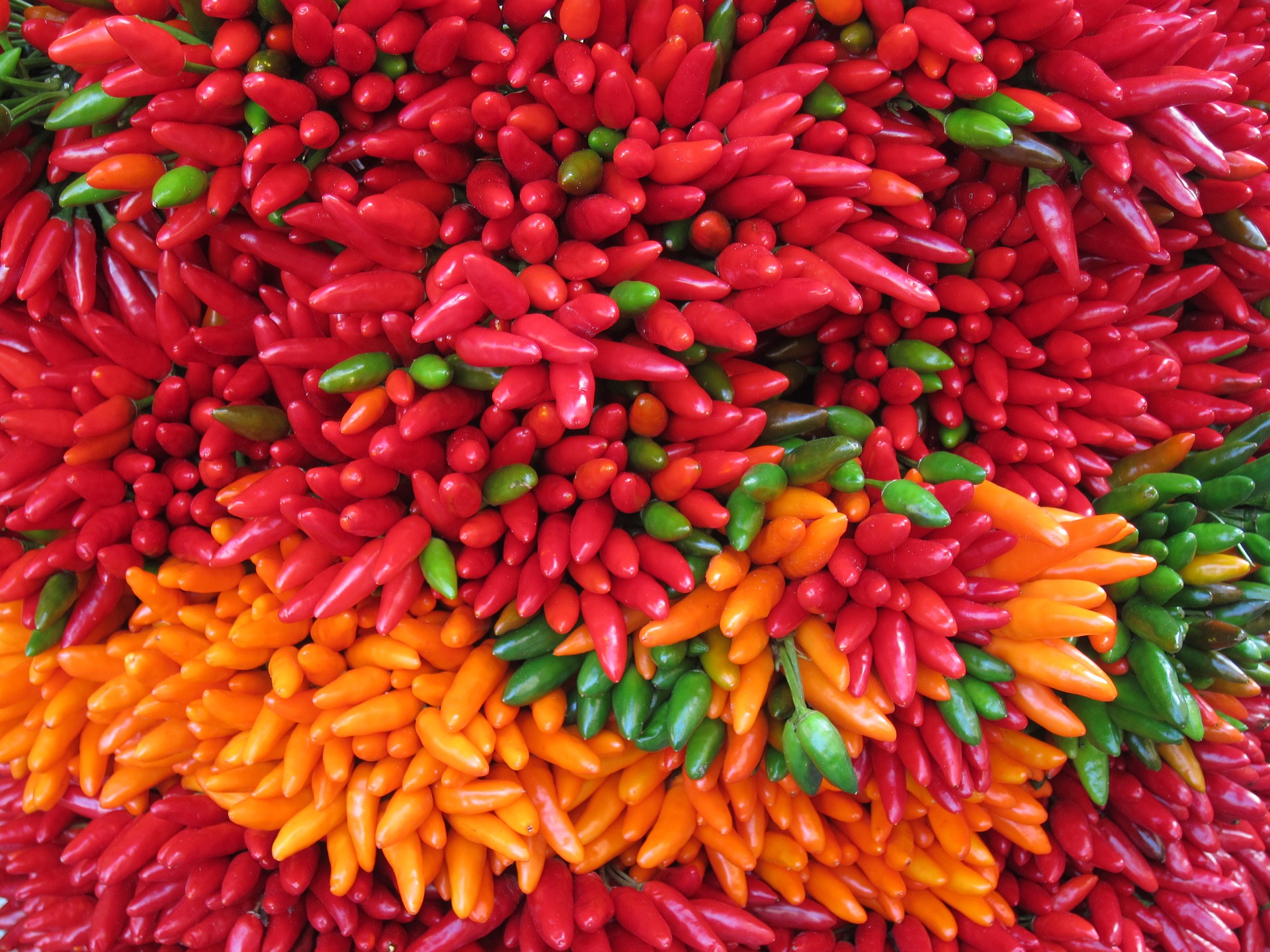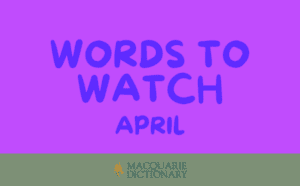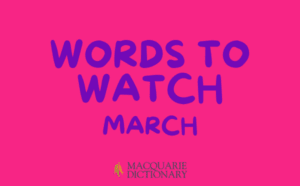What is the difference between the words chilli, chili, chilly, and Chile? And more importantly, how can we remember which is which?
Let’s start with chilli and chili. These are variant spellings for what is effectively the same thing: a type of pungent fruit that is usually small and hot to the taste; a chilli pepper (think: jalapeño, birdseye, Carolina reaper, ghost chilli, etc.)
What we’re seeing here is the more common Australian spelling using the double ‘l’ – chilli- and the more common US spelling with the single ‘l’ – chili. This word originates from Nahuatl chili, an indigenous language widely spoken in Mexico by the Aztecs preceding the Spanish conquest, and then taken into American Spanish.
The plural form in Australian English becomes chillies. And let’s not worry about the plural form for US English (which can take pretty much any form from chilies to chiles or chilis or chillies!)
Related to this there is chilli con carne which is a spicy dish, popular in the US, made from meat, chilli peppers and/or red peppers, and beans. It comes from Spanish meaning ‘chilli with meat’.
(Interestingly there is another sense of the word chili which refers to the hot, dry sirocco wind of North Africa, and comes from Berber.)
The word Chile is the name of a republic in South America. The pronunciation of the word chee-lay is closer to the Spanish, the established anglicised pronunciation chil-ee is considered standard in Australian English.
And this brings us to the final word chilly which is an adjective used to describe the sensation or feeling of cold. It is created from the root word ‘chill’, meaning cool or cold, plus the suffix ‘-y’ meaning ‘characterised by or included to’. We can see similar construction with the words dreamy or sleepy. A tip to remember this spelling from the others is to think of the word ‘icy’ which follows the a similar construction and also refers to the cold.
Want some help with other common confusables? Check out our other comparison blogs
- aitch versus haitch
- can not versus cannot
- compliment versus complement
- dependent versus dependant
- dispatch versus despatch
- effect versus affect
- far-fetched versus far-flung
- hijack versus highjack
- hunker down versus bunker down
- jail versus gaol
- just deserts versus just desserts
- licence versus license
- myriad versus myriad of
- practice versus practise
- program versus programme
- skol versus scull
- sneaked versus snuck
- while versus whilst





